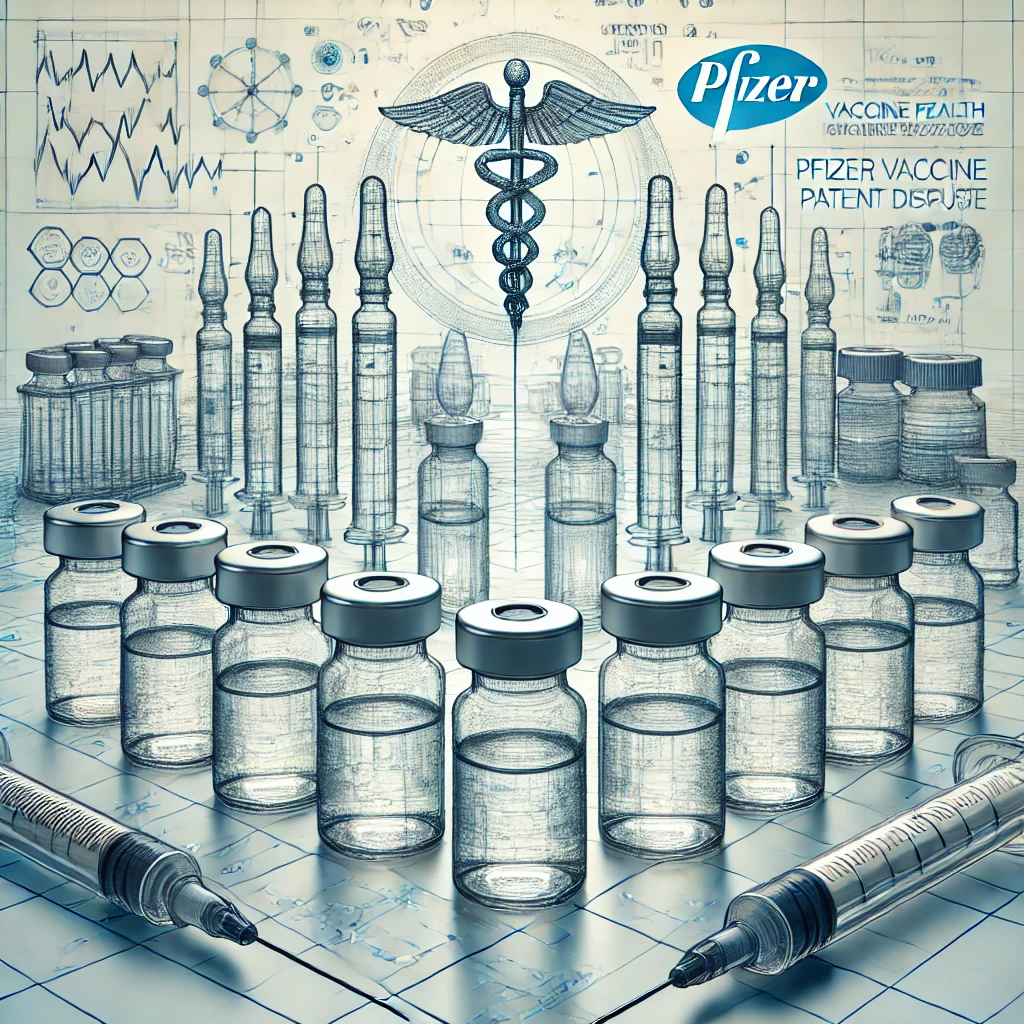U.S. v. Google LLC: Antitrust Ruling
The U.S. Department of Justice (DOJ) and multiple state attorneys general have filed an antitrust lawsuit against Google, accusing the tech giant of maintaining an illegal monopoly over digital advertising. The lawsuit alleges that Google unfairly manipulates ad auctions, inflates prices for advertisers, and suppresses competition to maintain its dominance in the digital marketplace.
The government contends that Google’s control over key aspects of the online advertising ecosystem—acting as both the buyer and seller in digital ad transactions—gives it an unfair advantage. This lawsuit follows increasing global scrutiny of big tech companies and their market influence, with similar actions being pursued in Europe and other jurisdictions.
Is the Case Strong? The case against Google is compelling, backed by years of investigative reports, internal company communications, and market data illustrating its influence over digital advertising. The DOJ has presented evidence that Google’s ad exchange platform prioritizes its own services over competitors, reducing options for advertisers and artificially inflating prices.
Legal analysts note that previous antitrust rulings against tech companies provide strong precedents that could work against Google. However, proving that Google’s actions constitute an illegal monopoly, rather than simply a dominant market position due to superior services, remains a legal challenge.
Google, for its part, denies the allegations, arguing that its advertising services are designed to benefit consumers and businesses. The company asserts that competition remains strong in the ad-tech sector and that its tools help advertisers efficiently reach their audiences. Google’s defense will likely focus on demonstrating that its success results from innovation rather than anti-competitive practices.
Who Should Bear Responsibility? The primary responsibility for ensuring a fair and competitive digital advertising market lies with Google, as one of the largest players in the industry. As a global leader, the company has an obligation to operate transparently and fairly, without stifling competition or harming consumers.
Regulatory agencies, including the DOJ and Federal Trade Commission (FTC), also play a crucial role in maintaining market balance. This case highlights the need for updated antitrust laws to address modern digital monopolies effectively.
Consumers and businesses that rely on digital advertising must also advocate for fairer policies, whether through lobbying efforts, alternative advertising platforms, or public awareness campaigns. The outcome of this case could shape the digital advertising industry for years to come.
The U.S. v. Google LLC lawsuit is a landmark antitrust case that could reshape the online advertising market. If the government succeeds, the ruling could lead to significant regulatory changes, including potential divestitures of Google’s ad-tech business or stricter oversight of digital monopolies.
For Google, this case presents a major challenge to its business model and could influence how other big tech companies operate in the future. Whether the court rules in favor of the DOJ or Google, the case will serve as a defining moment in the ongoing debate over tech industry regulation.
Ultimately, this lawsuit underscores the growing concerns over corporate influence in digital markets and the need for legal frameworks that ensure fair competition and innovation.











